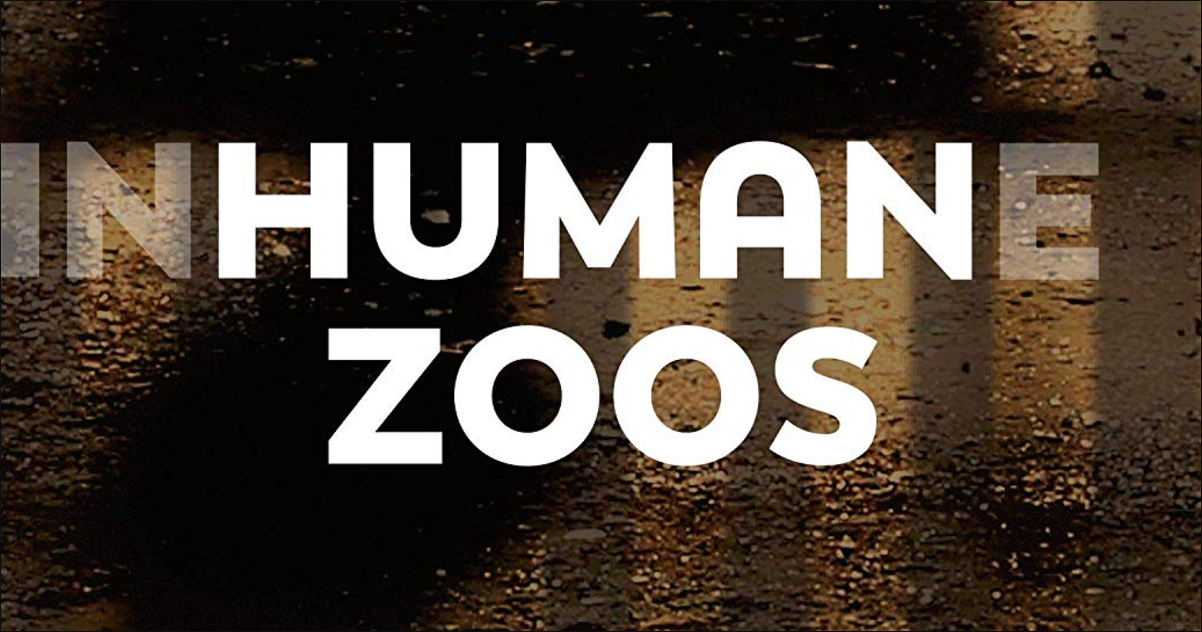

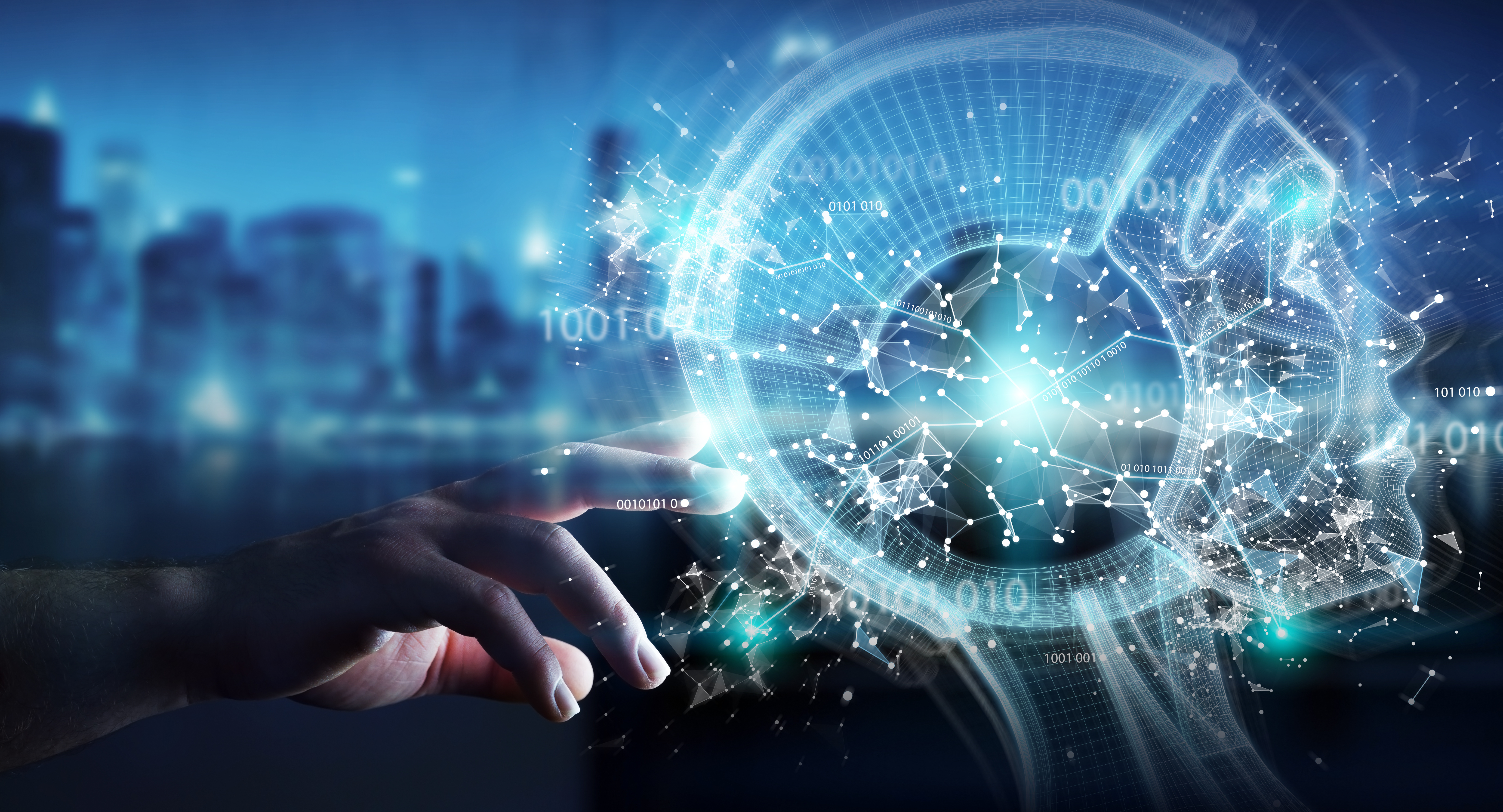
It’s Time for an Artificial Intelligence Reality Check
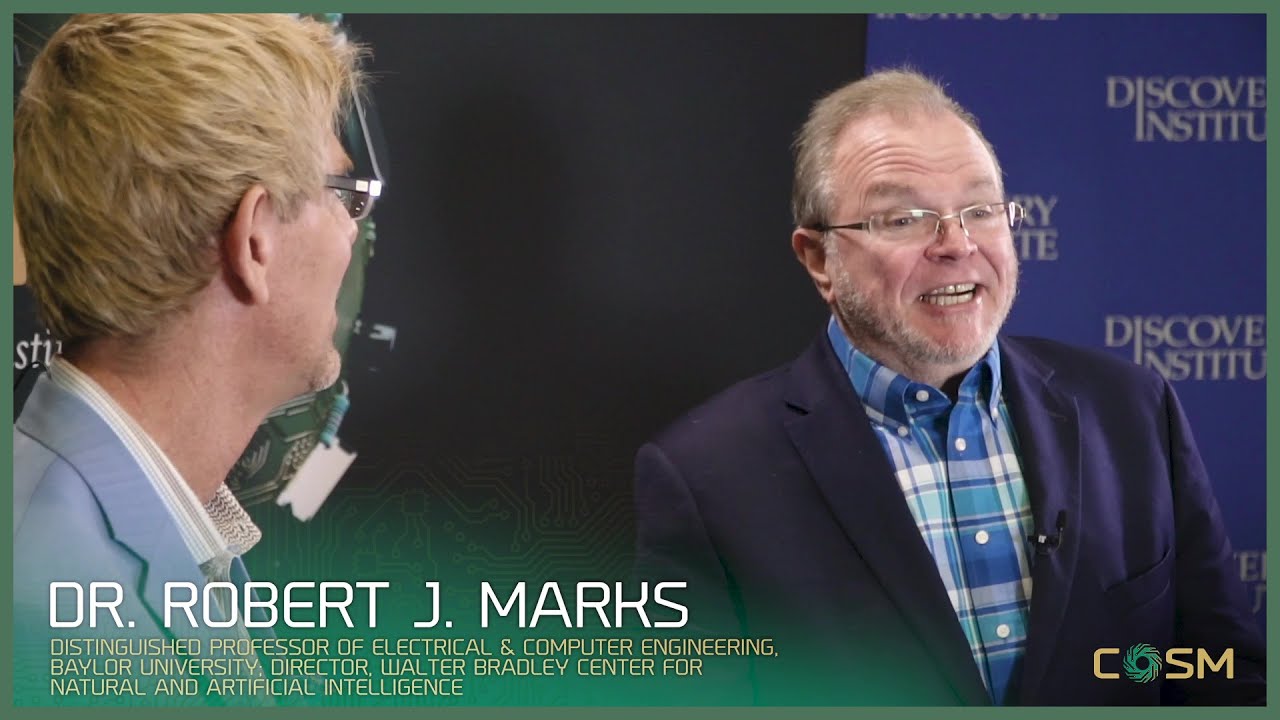
Are Our Brains Downloadable?
Jay Richards interviews Dr. Robert J. Marks II, Director of the Bradley Center for Natural and Artificial Intelligence, about the meaning and future of artificial intelligence. Marks challenges the notion espoused by Ray Kurzweil and others that our minds are “downloadable.” In Marks’ view, there are certain aspects of our brain that are not algorithmic and thus can’t be uploaded Read More ›
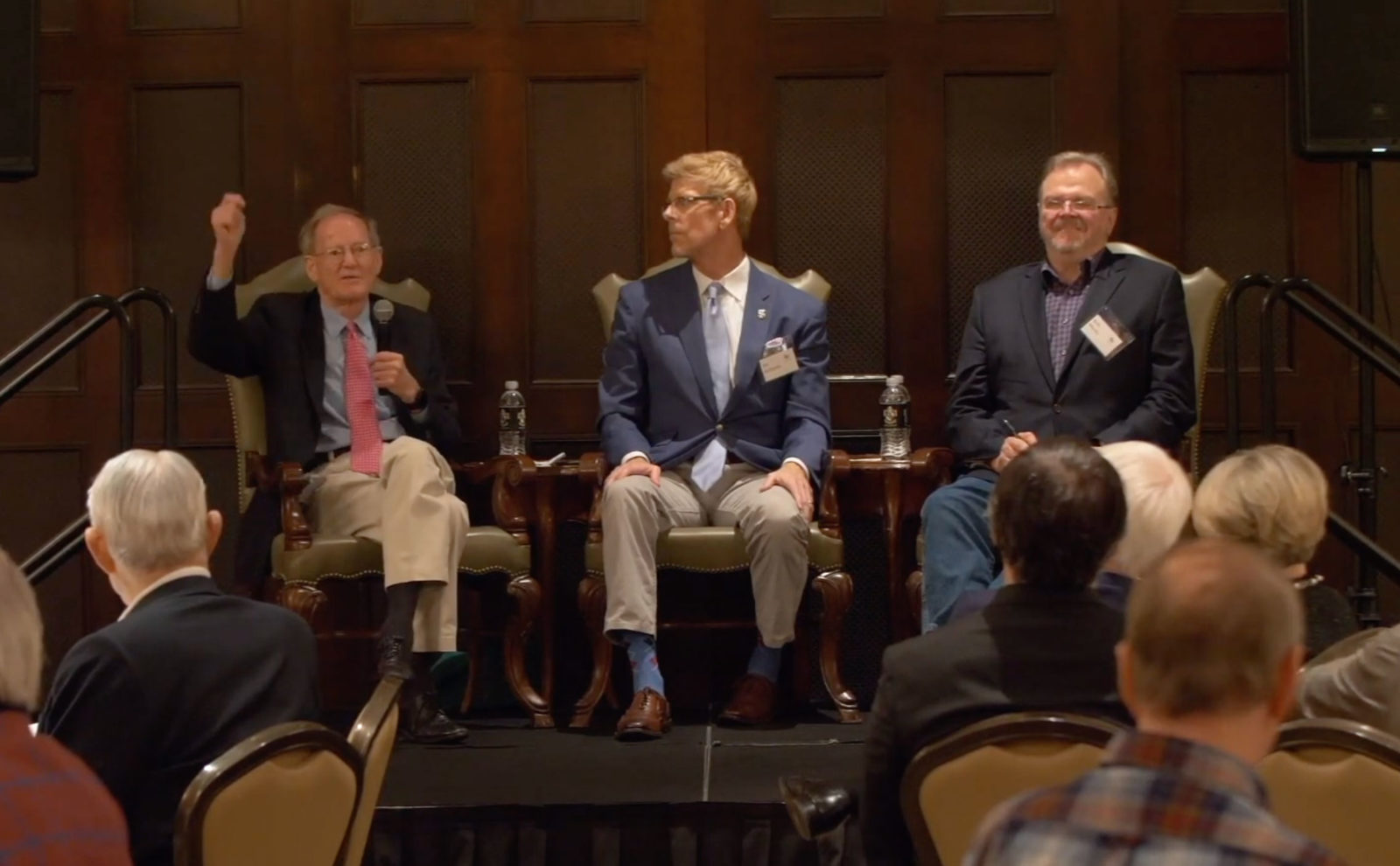
Google Does Not Believe in Life After Google
As the third and final speaker at the Dallas launch of the Walter Bradley Center for Natural and Artificial Intelligence, philosopher of technology George Gilder, author of Life after Google, offered some insights into the ultimate vision of the current AI technocrats. See also: “George Gilder: Life after Google will be okay“. “Seriously, the Google people do not believe that Read More ›
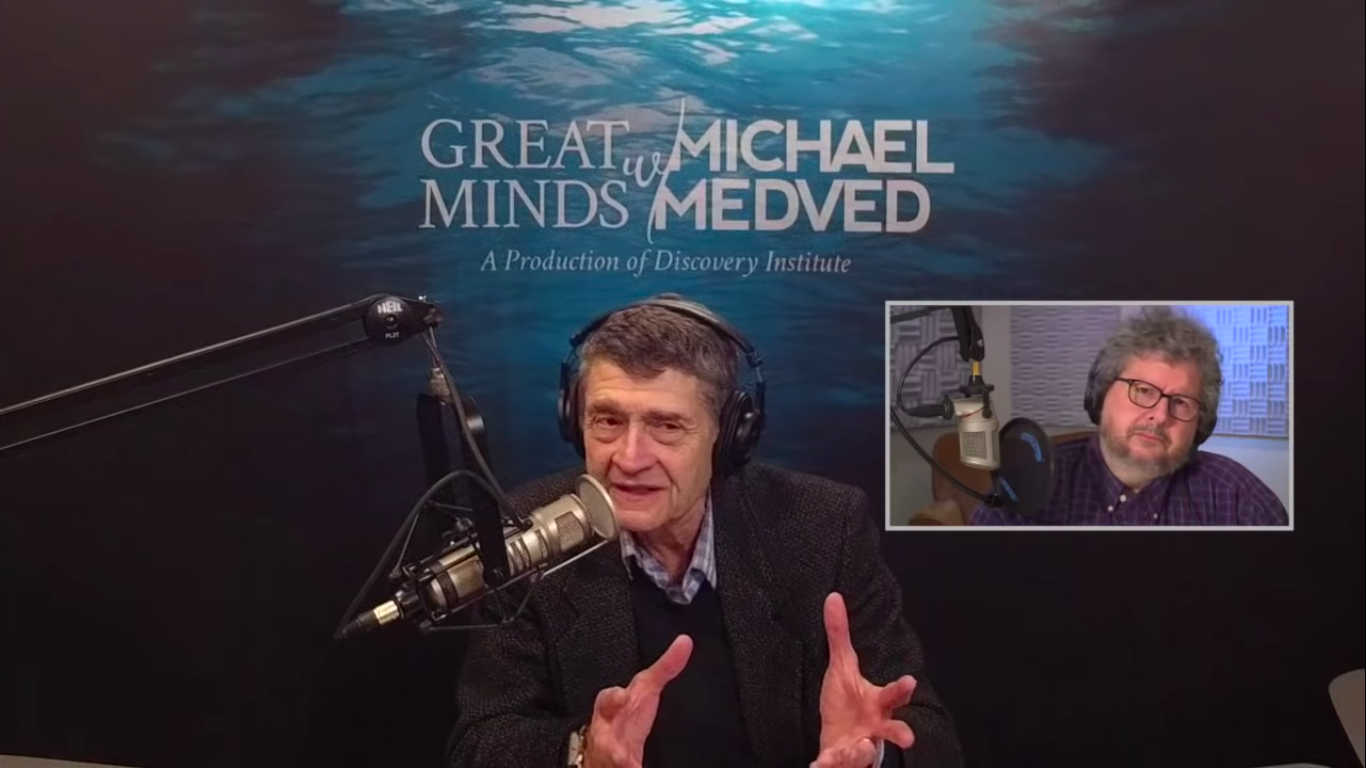
Religious Robots and Free Americans
Of his many specialties, in this episode Michael inquires into David Gelernter’s professional preoccupation: artificial intelligence. Gelernter recalls the pioneering role of his father, warns of the perils of letting children be captive to flickering screens, and remarks on whether AI robots can be spiritual seekers. Gelernter also emphasizes the key role of the Judeo-Christian Western tradition in creating a free and idealistic context in which technology is primed to explode. Read More ›
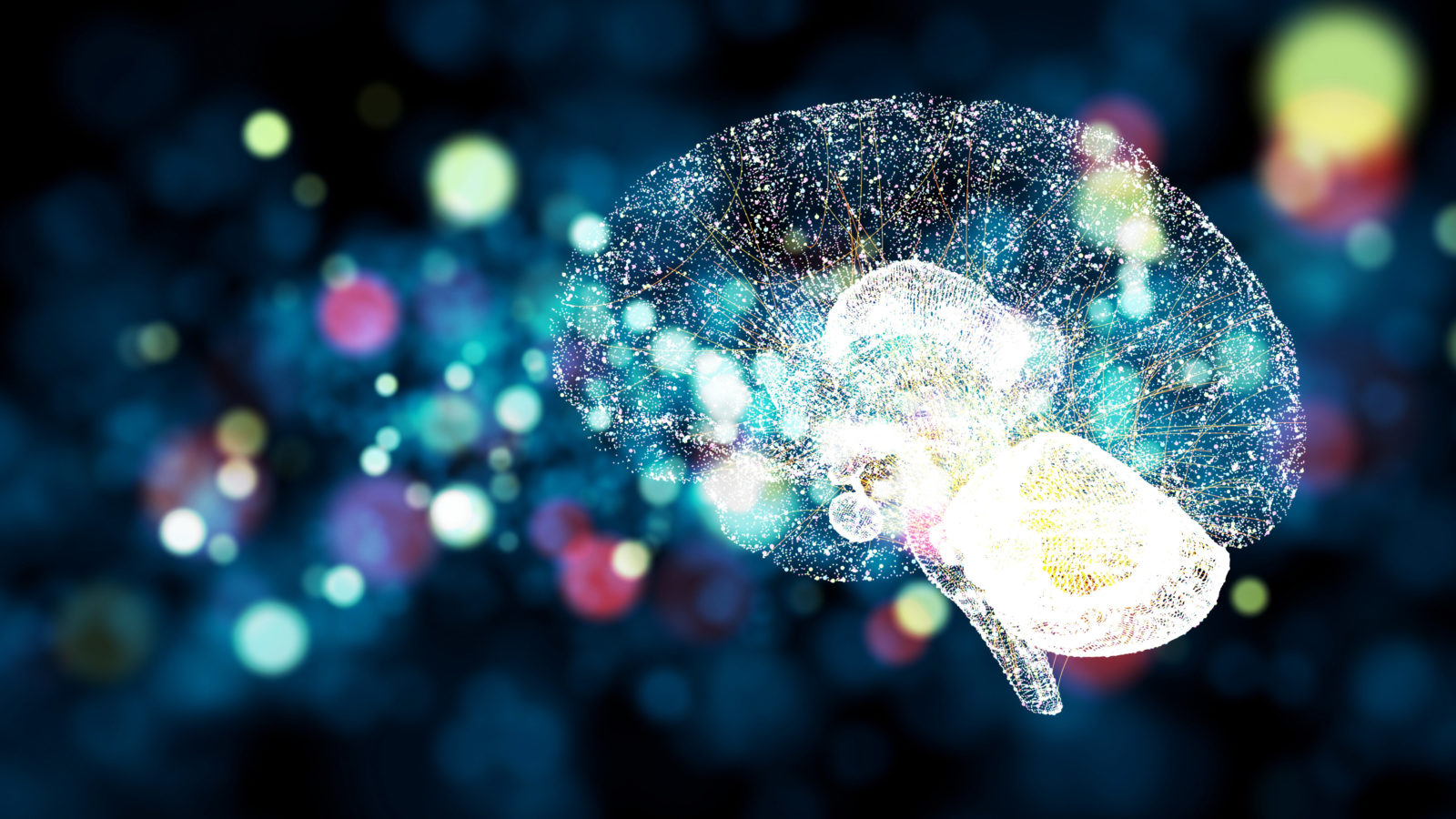
Your Mind Uploaded in a Computer Would Not Be You
I, for One, Welcome Our New Robot Overlords
Should we fear the rise of ‘intelligent’ computers? In case you haven’t heard, the newest champion of “Jeopardy!,” the popular TV game show, is a computer. Watson, an enormous computer developed by researchers at IBM, was pitted against the two previous human champions, Brad Rutter and Ken Jennings. At the end of the first round, aired on Valentine’s Day, Jennings Read More ›
Stop everything … it’s Techno-Horror!
Are We Spiritual Machines?
For two hundred years materialist philosophers have argued that man is some sort of machine. The claim began with French materialists of the Enlightenment such as Pierre Cabanis, Julien La Mettrie, and Baron d’Holbach (La Mettrie even wrote a book titled Man the Machine). Likewise contemporary materialists like Marvin Minsky, Daniel Dennett, and Patricia Churchland claim that the motions and Read More ›